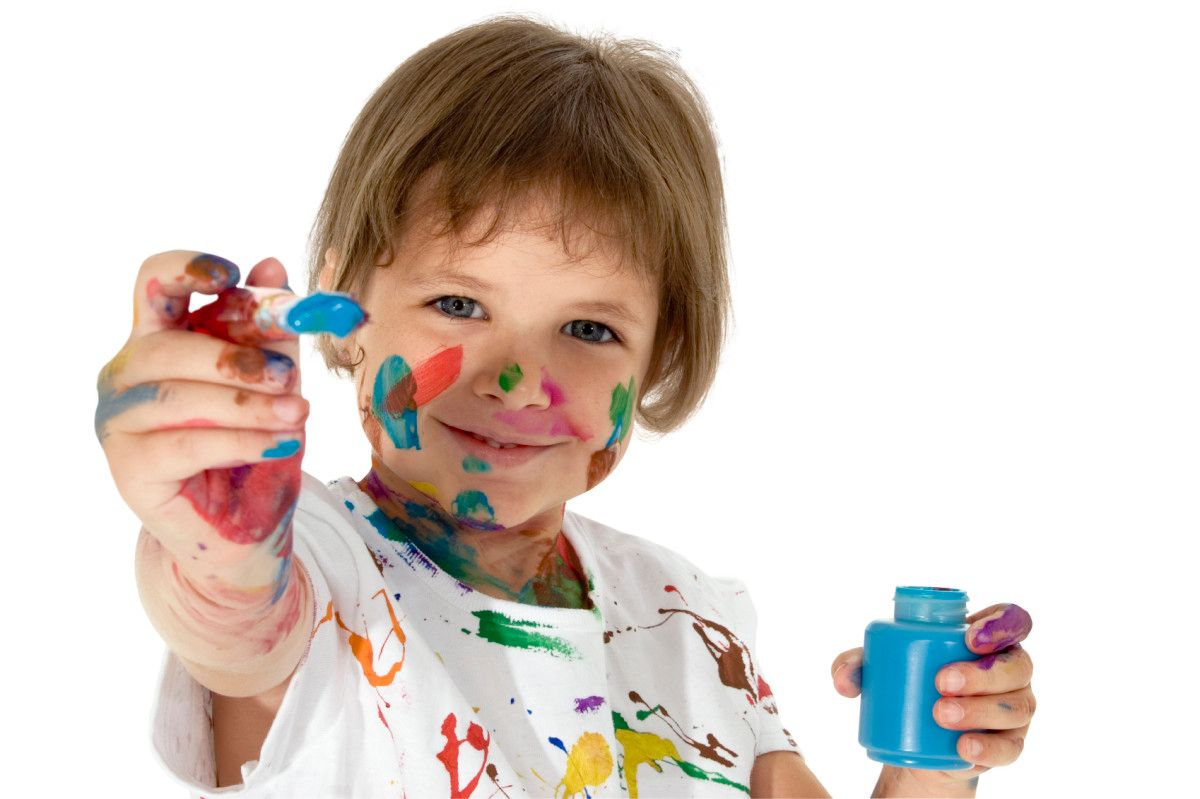What Can Children Teach Us About Creativity?
Some adults tend to think that creativity is something you are born with. But, the truth is we are all creative. If your creativity seems to be at a stand still, I invite you to think about what we can learn about creativity by observing children. I just came back from our vacation with our […]

Some adults tend to think that creativity is something you are born with. But, the truth is we are all creative. If your creativity seems to be at a stand still, I invite you to think about what we can learn about creativity by observing children. I just came back from our vacation with our kids and grand-kids and I took the opportunity to observe my grand-kids and how they exhibit creativity. And what did I observe?
If your creativity seems stuck, watch children create. They don't care what others think. They just do it.
Phil McKinney
Children ..
1. Children Break the Rules
Children break the rules. Children test their limits. If a child doesn't like the way a game is going, they simply change the rules in their favor. What rules in your life can you break? Do you have to do things the same way you've always done them? If you let yourself “free” of always being the perfect rule follower, you might just untap some creativity you didn't realize you had.
2. Know that Play is Important to Creativity
Children know that play is a crucial part of creativity and learning. With our busy lives, it is difficult to make time for play as adults. Play could be going for a bike ride, playing a board game, sharing a funny joke, or dressing up for Halloween. Play adds joy to your life. It can keep you feeling young, give you more energy, stimulate your imagination, and perhaps boost your creativity!
3. Ask a lot of Questions
There is something interesting about a child ages 2-5. They ask thousands of questions! They want to know “why” and “how”. They are curious and they want answers! Questions are powerful. What questions are you asking yourself? What questions are you asking others? I encourage you to ask more questions in your daily life. After all, questions are what spark change!
4. Know it's Important to be Yourself
Children just are who they are. They march to the beat of their own drum. They wear what they want and say what they want. Are you being your true self in the workplace and at home? Do you share your ideas and questions with others? Are you letting your creativity shine?
5. Don't Worry and Just Be Creative
Children do not care what other people think. They are brave. They are limitless. They embrace life with open arms. Go forward with that project! Try something new! Share your creativity and talents! Stop worrying about what might happen if you fail. Stop worrying about what other people will think. Do it!
It is amazing what we can learn from children about creativity.




